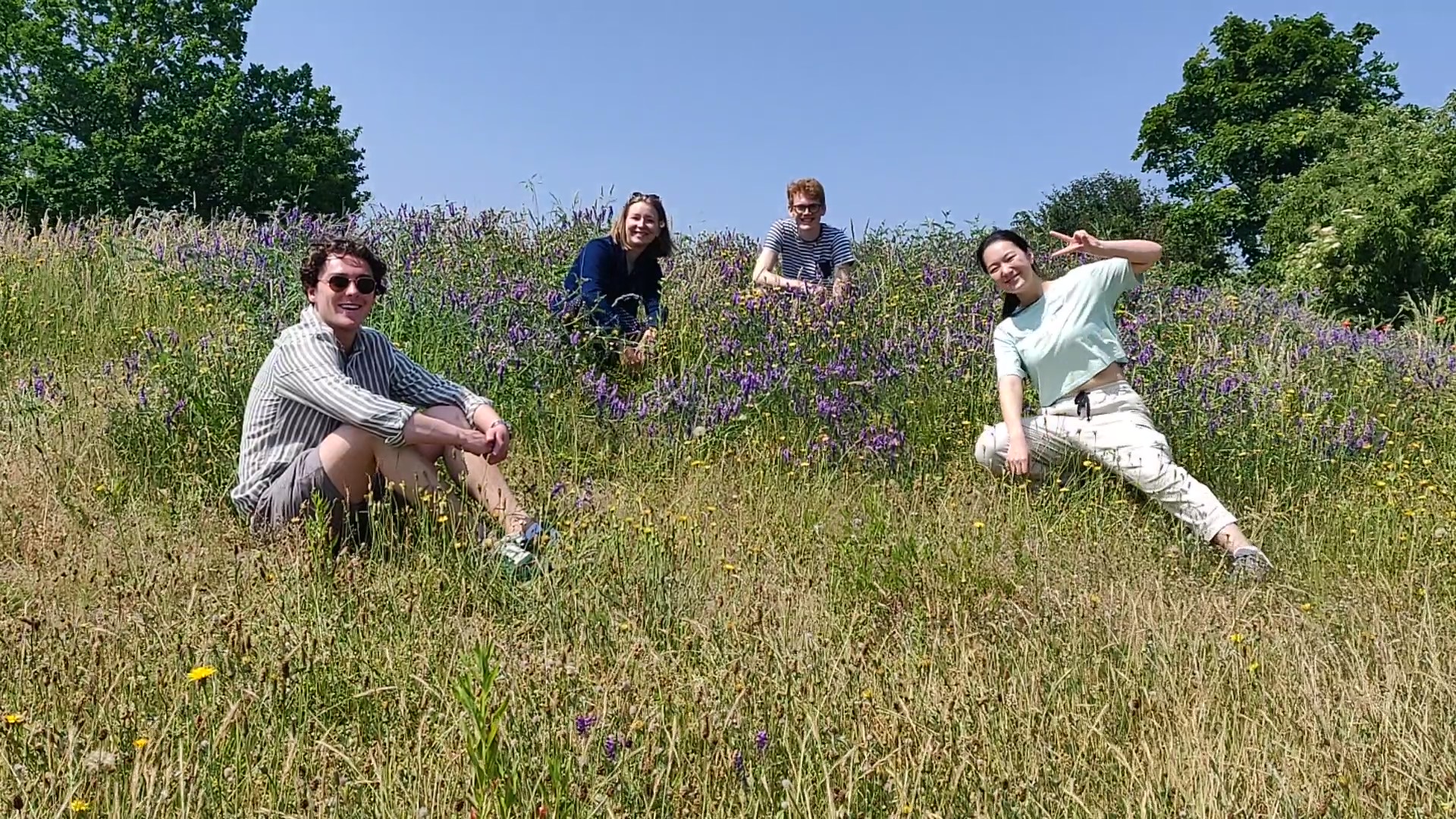MOOC stands for massive open online course. The MOOC challenge is part of a new MOOC Development course. The winning MOOC-concept about Urban Rewilding will be developed as a new WUR-MOOC after the summer.
Master’s student Environmental Sciences Miia Hakkinen (28) from Finland is one of the members of the winning group. ‘When I think of nature, I think of a forest, not of cities. But nature does and should exist in cities and the regreening of cities can be done in a less artificial, more natural way. That is what urban rewilding is about.’
Hakkinen signed up for the MOOC Development course to have an experience from a teaching point of view. ‘In the beginning of the course, there were some collective online sessions with all students and teachers. We learned about teaching and learning tools and what it takes to develop a good course. Then we brainstormed in random groups about potential MOOC ideas and after multiple brainstorm sessions, everybody picked the group with their favourite subject. Our beginning point was to make a MOOC about environmental issues, but already on the first day, we landed at the topic urban rewilding.’
Wild flowers
Urban rewilding is about giving space to nature in the city, explains Hakkinen. ‘A simple local example of rewilding is that the municipality does not cut the grass at some roundabouts and instead, they let the wild flowers bloom.’ In their MOOC concept, Hakkinen’s group focuses on urban rewilding at two levels. ‘There is the institutional level: from a city planner point of view. And there is the personal level: what you can do as an individual.’
One of the assignments of the Urban Rewilding MOOC will be to challenge learners to apply the concepts they learn directly in their personal lives by starting their own rewilding project. ‘This way we invite learners to look at their own environment and use the lessons learned in the MOOC in the real world right away.’
Science of Beer
It is not the first time that WUR-students develop a MOOC, says course coordinator Judith Gulikers. ‘We had a pilot for this course two years ago, and in 2018, Honours students developed the Science of Beer MOOC.’ In total, about twenty students participated in the MOOC Development course. A jury consisting of the dean of education Arnold Bregt, professor Education and Learning Sciences Perry den Brok and Programme director Open & Online Ulrike Wild picked the winner. Other MOOC concepts where about meat alternatives, plant ornaments, and visual teaching.
After the summer, Hakkinen’s group will start developing their concept into an actual MOOC with the support of teachers, researchers and other experts. In the spring of 2022, the Urban Rewilding MOOC should have its first run with actual learners.

 The winning MOOC team. Photo Miia Hakkinen
The winning MOOC team. Photo Miia Hakkinen